| Classe OIML |
III |
| Quantita massima di divisioni gestite dal convertitore |
8388608 |
| Quantita massima di unita verificate |
6000 e |
| Minimum volatge per verification unit |
0,4 µV |
| Maximum voltage per verification unit |
3,25 µV |
| Impedenza della cella al carico minimo |
80 Ω |
| Maximum load cell impedance |
1200 Ω |
| Tensione di eccitazione della cella di carico |
5V |
| Incremento massimo del segnale |
19,5 mV |
| Connessione di celle di carico |
4 or 6 przewodów |
| Display |
15,6” graphic colour touchscreen |
| Device dimensions L x P x A |
490×310×200 mm |
| Dimensioni del pacco L x P x A |
560×360×240 mm |
| Peso net |
10,5 kg |
| Peso lordo |
12 kg |
| Punteggio IP |
IP 66 / 67 / 69 |
| Touch panel |
capacitive |
| Struttura |
Stainless steel |
| Interfaccia |
4×USB 2.0 (2×USB-A, 2×M12 4P), Ethernet - 2×10/100/1000 Mbit (2×RJ45 hermetic), 2×RS232, RS485 (2×M12 8P) |
| Interfacce opzionali |
external buttons PRINT, TARE, START - terminal with 4IN/4OUT (M12 8P connector) is required, additional weighing platform module - max. 3 pcs, metrological parameters as in the main weighing platform |
| Alimentatore |
100 – 240 V AC 50/60 Hz |
| Massimo assorbimento elettrico |
75 W |
| Ambiente di lavoro |
0 – +40 °C |
| Temperatura di stoccaggio |
-20 – +60 °C |
| Umidità relativa |
10% – 85% RH no condensation |
| Sistema operativo |
Microsoft Windows 11 |
| Processore |
Intel® Celeron® J6412 |
| Chipset |
Intel® UHD Graphics for 10th Gen Intel® Processors |
| Memoria |
16 GB RAM |
| Memoria dati |
SSD 128 GB |
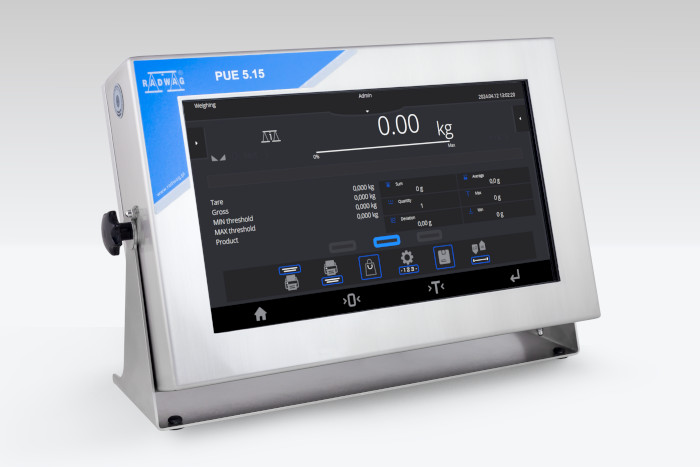
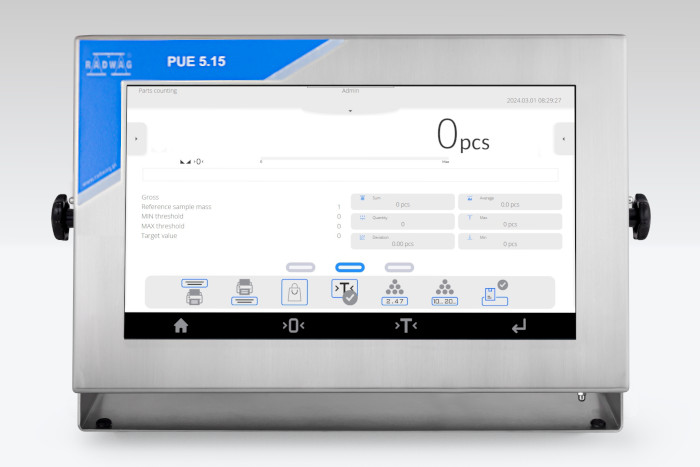






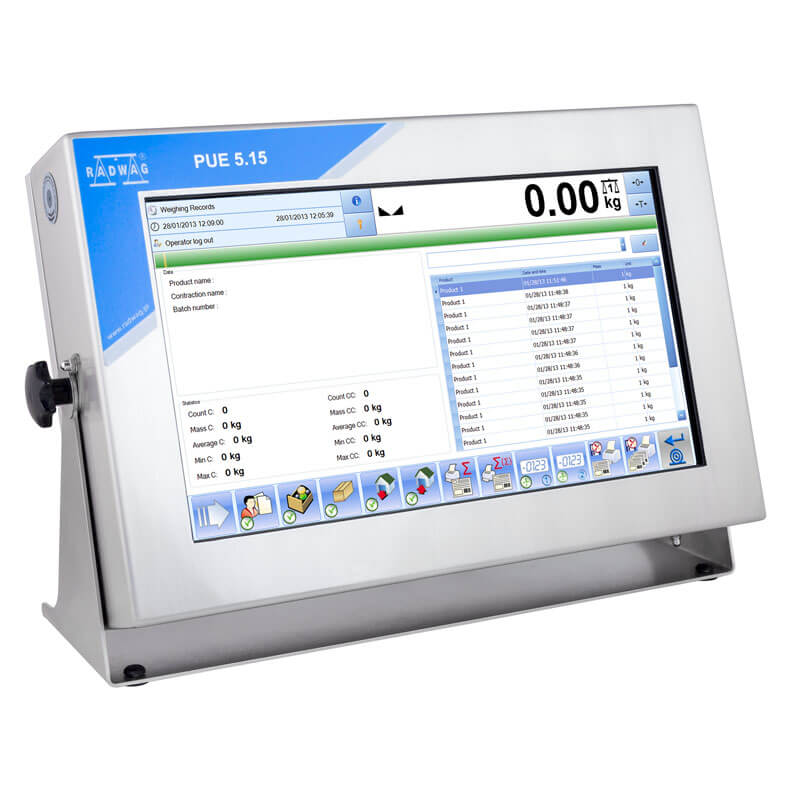
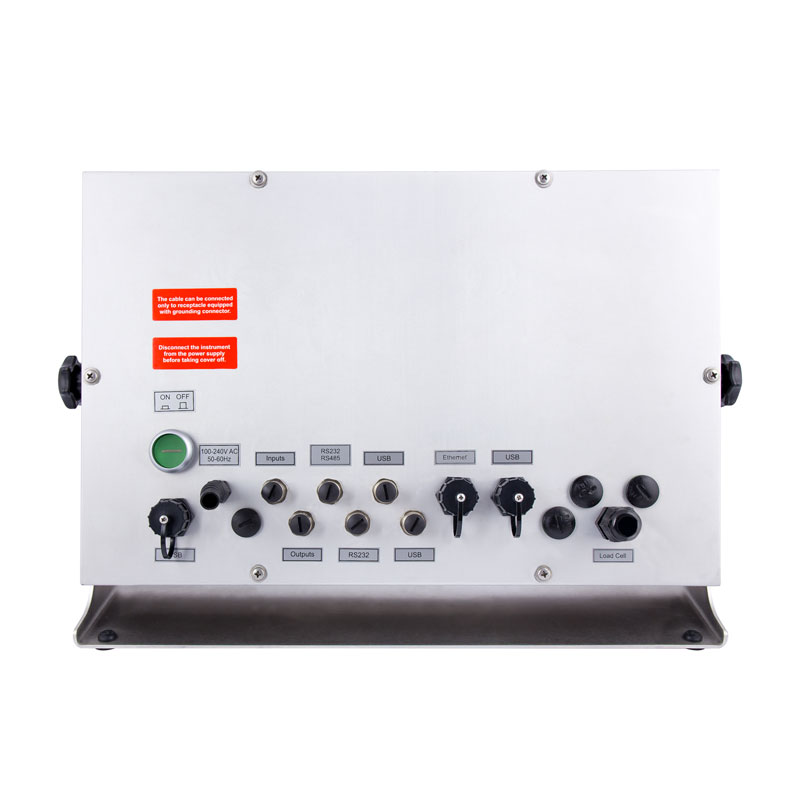


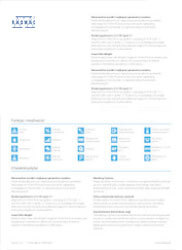
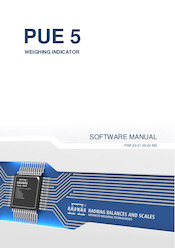

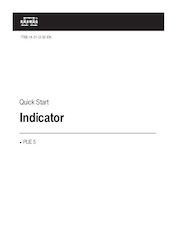
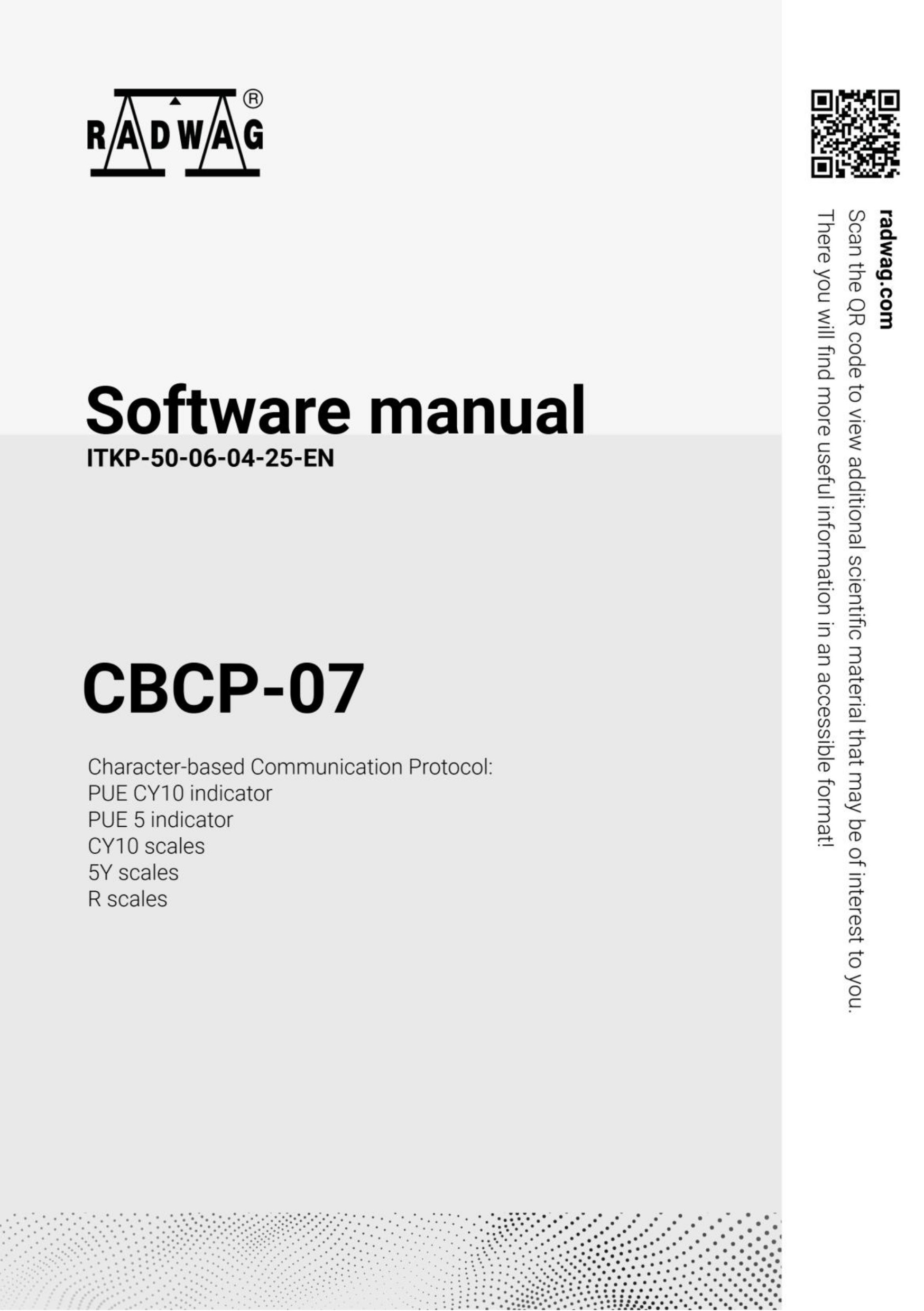
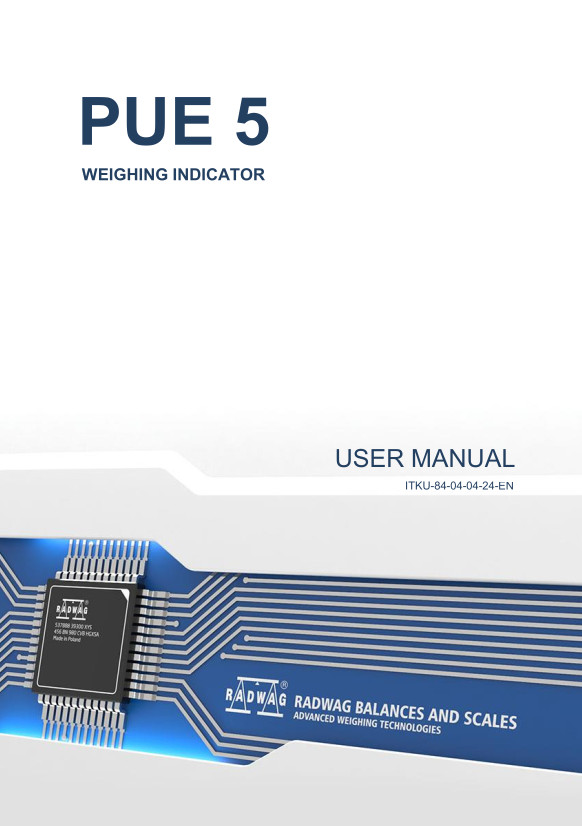
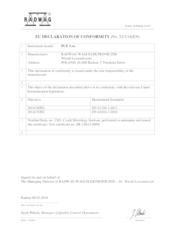
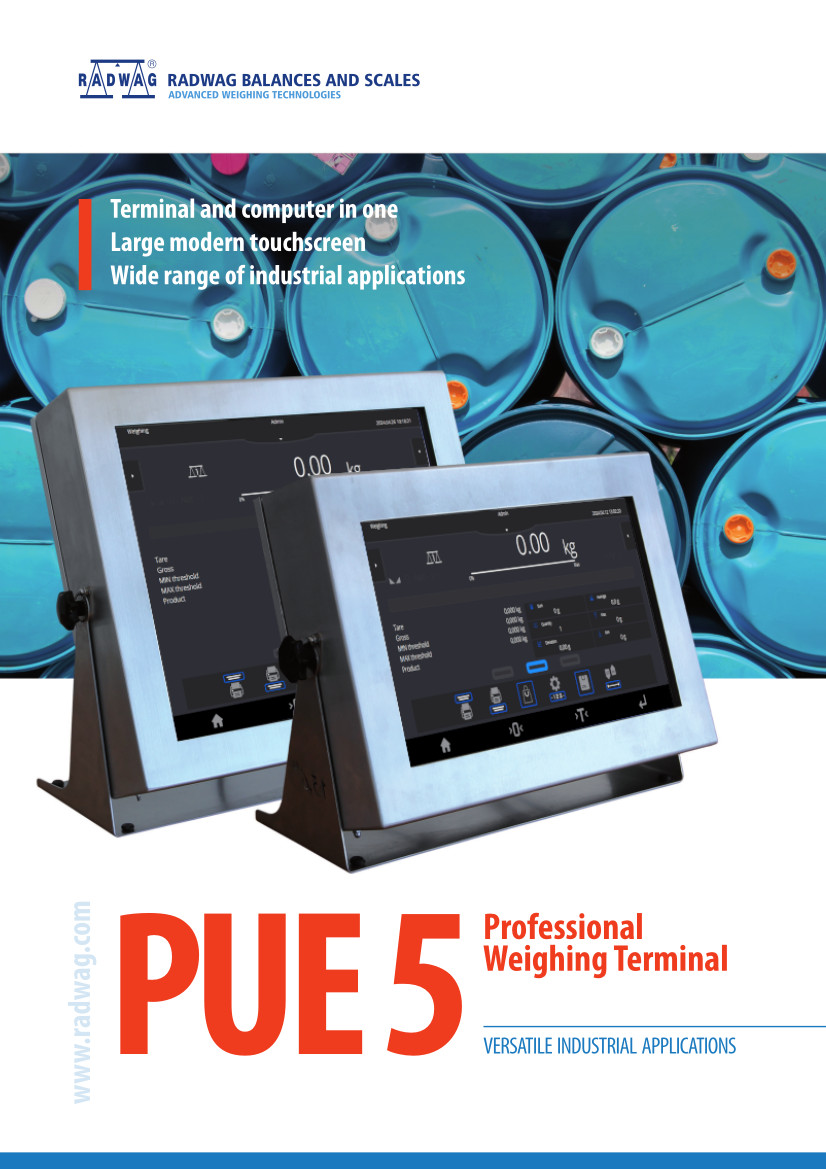
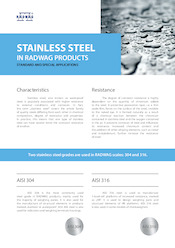
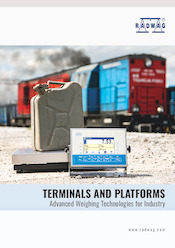
 Albanian
Albanian Danish
Danish Nederlandse
Nederlandse Estonian
Estonian Finnish
Finnish Hungarian
Hungarian Icelandic
Icelandic Kazakh
Kazakh Latvian
Latvian Lithuanian
Lithuanian Macedonian
Macedonian Norwegian
Norwegian Portuguese
Portuguese Romanian
Romanian Russian
Russian Slovak
Slovak Slovenian
Slovenian Swedish
Swedish Ukrainian
Ukrainian Serbian
Serbian Montenegrin
Montenegrin Português (Brasil)
Português (Brasil) Deutsch
Deutsch English
English Español
Español Français
Français Japanese (日本語)
Japanese (日本語) Polski
Polski Türkiye
Türkiye Česky
Česky USA
USA 中文
中文














